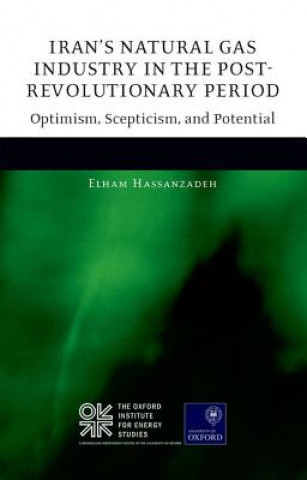
Kód: 04866168
Iran's Natural Gas Industry in the Post-Revolutionary Period
Autor Elham Hassanzadeh
This book critically examines exports of Iranian natural gas to regional and international markets. Owning the world's largest proven natural gas reserves, Iran can potentially be considered a major gas exporter. Yet, stringent in ... celý popis
- Jazyk:
 Angličtina
Angličtina - Vazba: Pevná
- Počet stran: 200
Nakladatelství: Oxford University Press, 2014
- Více informací o knize

Mohlo by se vám také líbit
Dárkový poukaz: Radost zaručena
- Darujte poukaz v libovolné hodnotě a my se postaráme o zbytek.
- Poukaz se vztahuje na celou naši nabídku.
- Elektronický poukaz vytisknete z e-mailu a můžete ihned darovat.
- Platnost poukazu je 12 měsíců od data vystavení.
Informovat o naskladnění knihy
Zadejte do formuláře e-mailovou adresu a jakmile knihu naskladníme, zašleme vám o tom zprávu. Pohlídáme vše za vás.
Více informací o knize Iran's Natural Gas Industry in the Post-Revolutionary Period
Nákupem získáte 204 bodů
 Anotace knihy
Anotace knihy
This book critically examines exports of Iranian natural gas to regional and international markets. Owning the world's largest proven natural gas reserves, Iran can potentially be considered a major gas exporter. Yet, stringent international sanctions, coupled with domestic politicisation of the industry and lack of an 'attractive' investment framework, have made Iran unable to capitalise its huge natural gas potential both in domestic and international markets. In this book, a multidisciplinary approach is adopted to examine the main challenges hampering Iran's ability to become a major gas exporter. These challenges range from political and legal to economic and fiscal. The issue of supplying gas to domestic or export markets in the light of the country's current limited production capacity has turned into a major political debate between the Parliament and the Government resulting in failure to fully meet its supply commitments to either market. Inability to produce adequate volumes of gas and its 'ambitious' gas expansion policies both in domestic and international markets, has forced the country to import gas from Turkmenistan. The unexpected title of 'a net gas importer' for a country with the largest gas reserves in the world has raised many questions over the country's ability to substantially contribute to the growing global gas market. In this book, attempts are also made to highlight the social and economic benefits of allocating gas to domestic and export markets. This book suggests that given the country's huge domestic market, industrialisation targets, young population, and the necessity for job creation, as well as country's dependence on gas re-injection into oilfields to maintain the oil production, Iran may not want to be 'the next Qatar' in terms of exports. Available data suggest that gas export is not the most beneficial economic outcome for Iranian gas; and for all of the foregoing reasons, and even if sanctions are removed, it would take Iran 15-20 years to develop such a major export capability. This book offers recommendations to policy makers to conduct comprehensive economic analyses over costs and benefits of allocating gas to domestic and export markets, while giving due consideration to the pressing issue of 'welfare maximisation' and distributional impact of consuming gas domestically.
 Parametry knihy
Parametry knihy
Zařazení knihy Knihy v angličtině Economics, finance, business & management Economics Environmental economics
2037 Kč
- Plný název: Iran's Natural Gas Industry in the Post-Revolutionary Period
- Autor: Elham Hassanzadeh
- Jazyk:
 Angličtina
Angličtina - Vazba: Pevná
- Počet stran: 200
- EAN: 9780198728214
- ISBN: 0198728212
- ID: 04866168
- Nakladatelství: Oxford University Press
- Hmotnost: 508 g
- Rozměry: 162 × 235 × 18 mm
- Datum vydání: 16. October 2014
Oblíbené z jiného soudku
-
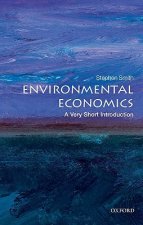
Environmental Economics: A Very Short Introduction
249 Kč -
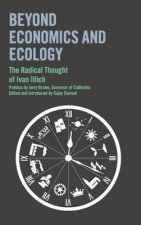
Beyond Economics and Ecology
451 Kč -

Harvesting the Biosphere
811 Kč -

2052
543 Kč -

Smart Solutions to Climate Change
837 Kč -
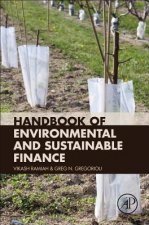
Handbook of Environmental and Sustainable Finance
1815 Kč -

Climate Shock
1011 Kč -

Harvesting the Biosphere
868 Kč -

Solar Driven Green Hydrogen Generation and Storage
4583 Kč -

Green New Deal
757 Kč -

Economics of Natural Resources and the Environment
1275 Kč -

Natural Capital
415 Kč -

Plundered Planet
302 Kč -

Principles of Sequence Stratigraphy
2655 Kč -

Great Disruption
663 Kč -

Bet
581 Kč -

Introduction to Environmental Economics
1936 Kč -

Indra's Net and the Midas Touch
255 Kč -

Spirituality and Sustainability
3289 Kč -
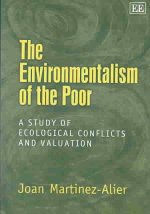
Environmentalism of the Poor
1197 Kč -

Infrastructure Finance in Europe
5569 Kč -

Comprehensive Evaluation of Environmental Management Policies and Technologies
2817 Kč -
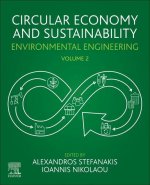
Circular Economy and Sustainability
5624 Kč -

Capitalism in the Web of Life
2693 Kč -

Environmental Economics and Natural Resource Management
2386 Kč -

Industrial Pollution Prevention
5060 Kč -

Intermediate Environmental Economics
5371 Kč -

Renewable Energy and Energy Efficiency
1686 Kč -
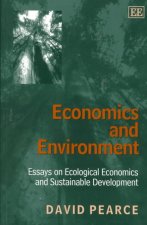
Economics and Environment
1108 Kč -

Handbook of Thermal Management Systems
5934 Kč -
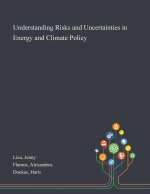
Understanding Risks and Uncertainties in Energy and Climate Policy
1370 Kč -
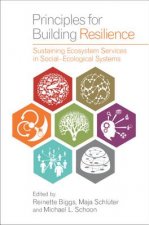
Principles for Building Resilience
1954 Kč -
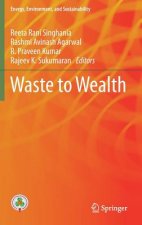
Waste to Wealth
6536 Kč -

Sustainability
3527 Kč -

Resilient and Sustainable Farming Systems in Europe
2874 Kč -
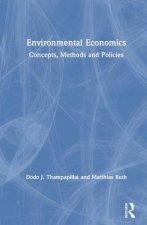
Environmental Economics
5255 Kč -
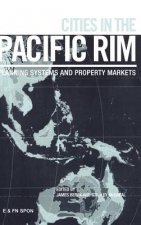
Cities in the Pacific Rim
6903 Kč -

Durable Use of Consumer Products
2998 Kč -

Capitalism in the Web of Life
779 Kč -

Prosper!
633 Kč -

Biofuel Cells
5405 Kč -

Korea
3594 Kč -

Global Challenges
2930 Kč -

Economic Incentives and Environmental Policies
1665 Kč -

Advances in Natural Gas: Formation, Processing and Applications. Volume 1: Natural Gas Formation and Extraction
6449 Kč -

Economics
381 Kč -

Handbook of Bioenergy
3289 Kč -
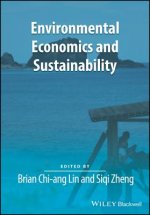
Environmental Economics and Sustainability
1024 Kč -
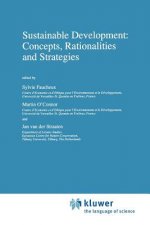
Sustainable Development: Concepts, Rationalities and Strategies
5060 Kč
Osobní odběr Praha, Brno a 12903 dalších
Copyright ©2008-24 nejlevnejsi-knihy.cz Všechna práva vyhrazenaSoukromíCookies




 Vrácení do měsíce
Vrácení do měsíce 571 999 099 (8-15.30h)
571 999 099 (8-15.30h)